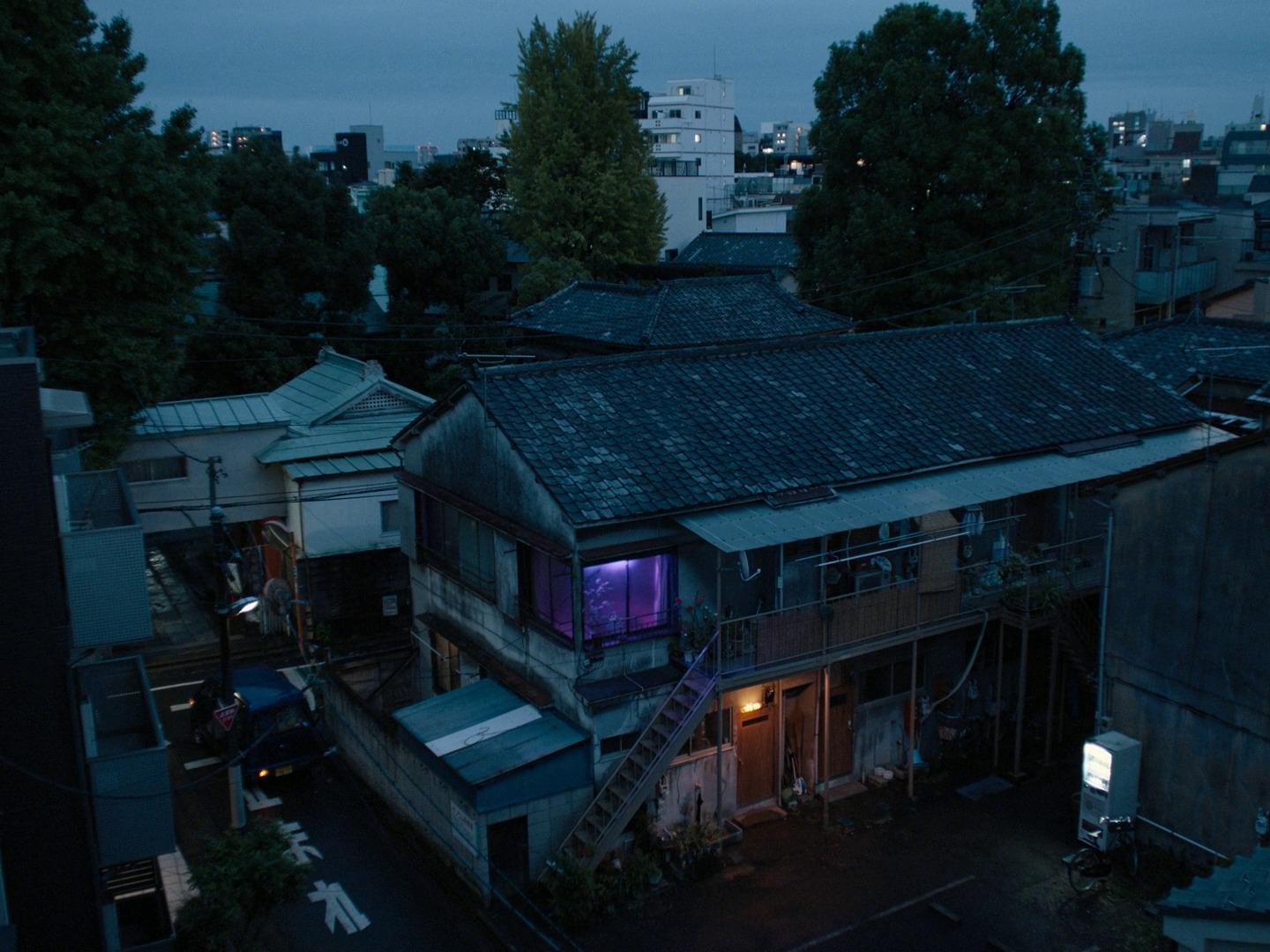Burning (2018) and Perfect Days (2023) - Great Hunger
films film-analysis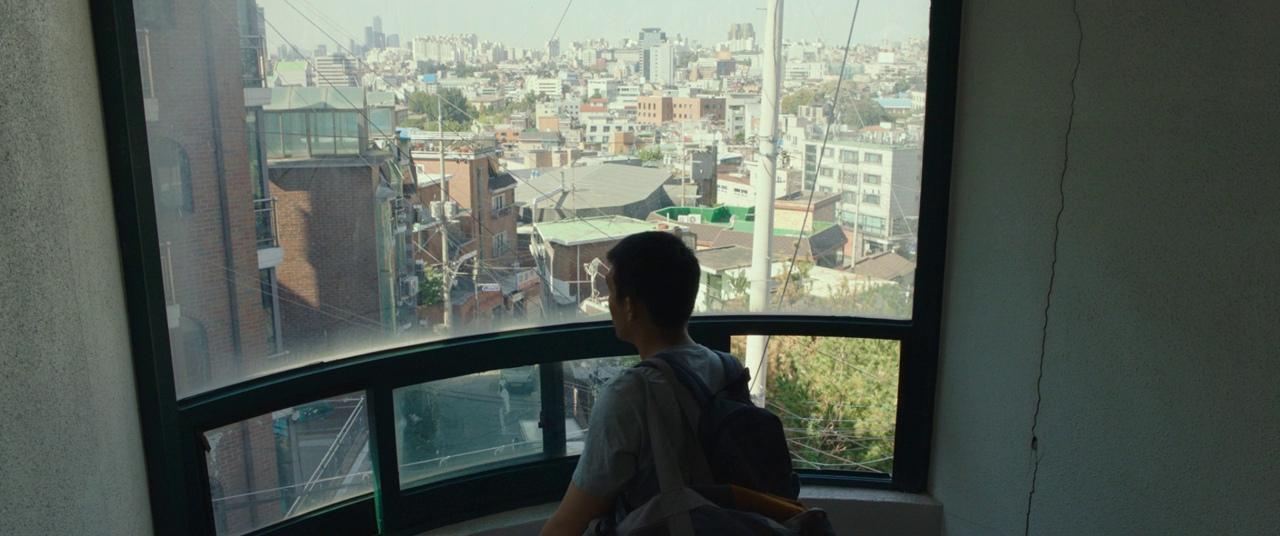
Spoilers ahead.
Burning (2018) is film that lingers with you. You find yourself thinking about it in idle moments, even weeks after having watched it.
Ambiguity
The film was based on a short story by Haruki Murakami, titled Barn Burning. The short story has a similar premise. Having read it, I was left with the same chilling feeling that the film gave me.
“I still run past the five barns every morning. No barn in my neighborhood has burned down. And I haven’t heard about any barn burning. December’s come again, and the winter birds fly overhead. And I keep on getting older.”
The tension in both pieces derives not from what is shown or told, but rather from what is not. In some cases, it is what is imagined. The disappearance of Hae-Mi is never shown explicitly, just explored implicitly. This theme of ambiguity begins early on, with Hae-Mi’s cat, whose existence is as ambiguous as the Hae-Mi’s disappearance, and continues throughout the film. As we follow Jong-Su’s unreliable perspective, our own distrust of Ben increases with Jong-Su’s delusions. Jong-Su’s imagination and speculation becomes our own. The film never gives a definitive answer, and this is intentional. It invites us as viewers to question whether we are right for following Jong-Su’s delusions.
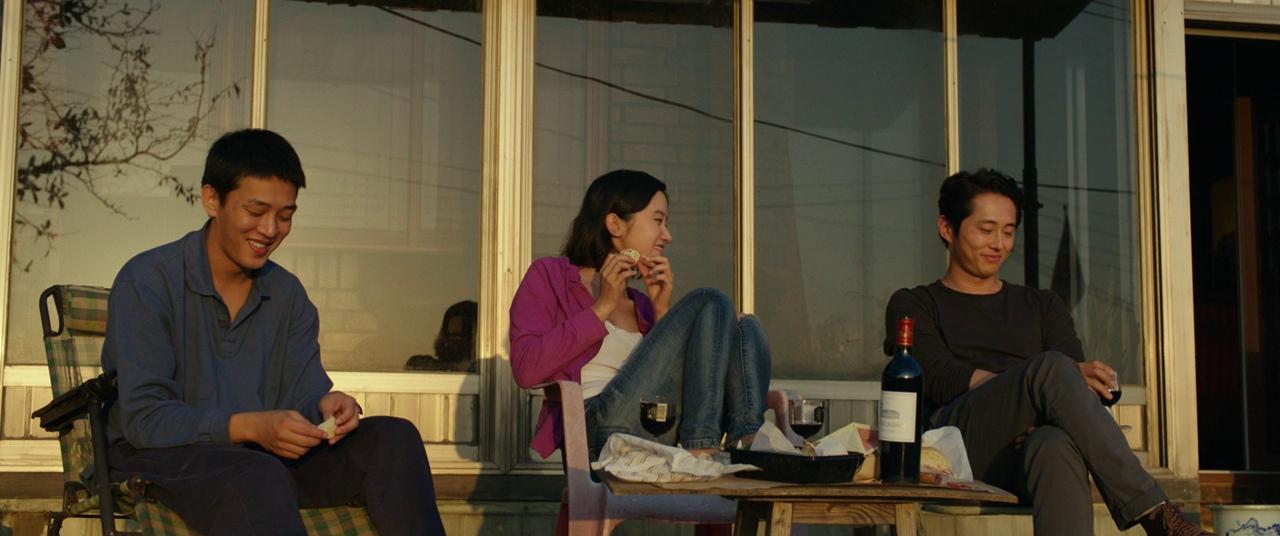
Great Hunger
What truly stuck with me about this film is Hae-Mi’s character.
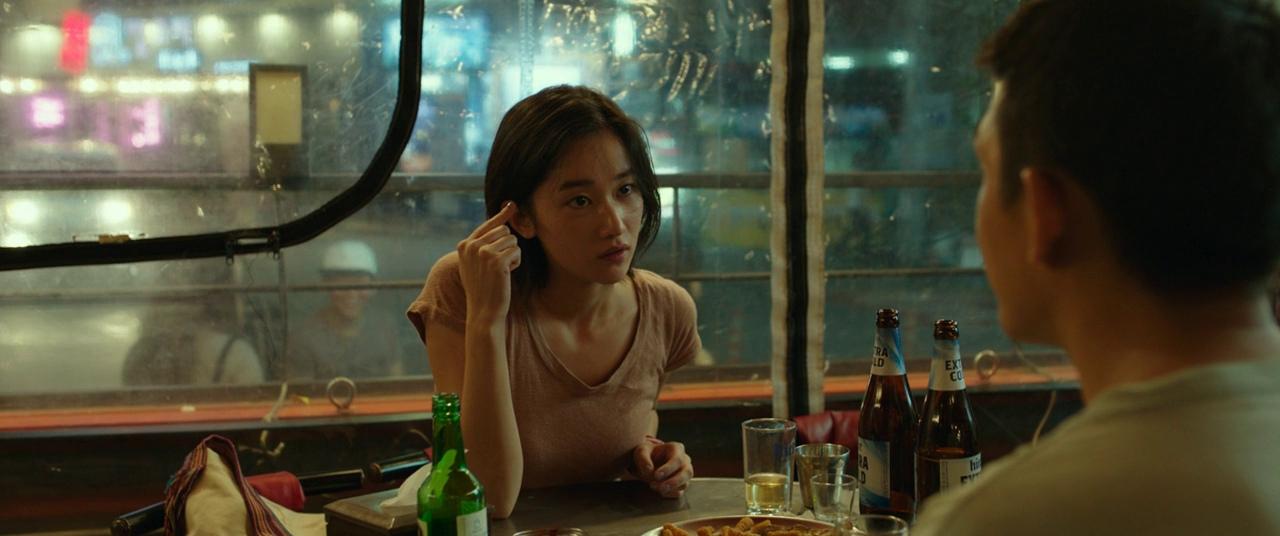
While outwardly she seems free-spirited, almost a manic pixie dream girl who magically enters Jong-Su’s life, she harbours a deep sadness within. Underneath her facade lies a troubled, lonely and tragic character.
She speaks of a Great Hunger:
“The Bushmen in the Kalahari Desert talk about the two ‘hungers’. There is the Great Hunger and there is the Little Hunger. The Little Hunger wants food for the belly; but the Great Hunger, the greatest hunger of all, is the hunger for meaning…”
I found this concept of Great Hunger strangely relatable. It’s a want for a greater purpose in life. A desire for true and meaningful connection with others. Something greater than the ordinary. This concept resonated with me deeply on my viewing of this film.
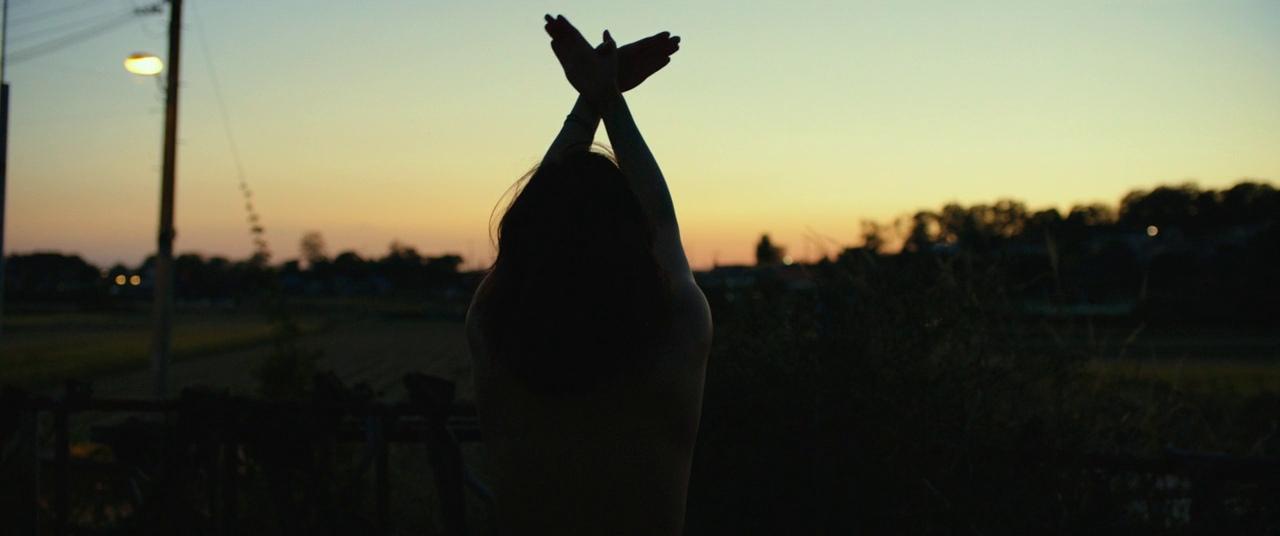
Hae-Mi attempts and fails to satiate her Great Hunger, be it through miming lessons, travelling. She has plastic surgery done to appear more attractive. But ultimately, she is lonely, and her Great Hunger remains. What is so tragic to me is how she is mistreated by possibly her only true friend, Jong-Su, out of jealousy. The fact this happens just before her disappearance is like salt on the wound, and Jong-Su clearly feels this as well.
One of the most moving scenes in the film is one where Hae-Mi is eating dinner with Ben and Jong-Su. She goes from laughing, to breaking down into tears in the span of minutes. She speaks of how she wishes she could disappear like the sunset:
“I joined the Sunset Tour on my way to the Kalahari Desert. It’s a program that shows you the sunset of the desert. But it turned out to be a parking lot. There was nothing but trash tourists left behind. Everybody came with someone, but I was the only one by myself. I really felt all alone there. I wondered why I was even there, all alone. Then the sun started to set. The sun was setting beyond the endless sand-covered horizon. At first it was orange. Then it turned blood red. Then purple, then navy. It got darker and darker as the sunset disappeared, and my eyes suddenly welled up with tears. ‘I must be at the end of the world.’ That’s what I thought. ‘I want to vanish just like that sunset.’ Dying is too scary, but… I wished I could disappear as if I had never existed.”
I think this passage surves two purposes:
- Ambiguity. This passage sets up the central ambiguity in the film. Hae-Mi speaks of wanting to disappera - was her disappearance her own doing?
- Great Hunger. It’s an exploration of how almost futile it is to try and feed your Great Hunger. Travelling is often portrayed as a journey of self-discovery, but here it is portrayed through a much more cynical lens. It almost seems to question if anything can feed her Great Hunger. This scene conveys to me the depth of the loneliness of her character.
In this scene, we also learn more about Ben’s character. He claims that he’s never shed a tear in his life before. In some sense, Ben also has a Great Hunger. His Great Hunger arises from the fact that he’s never experienced Little Hunger. Burning explores class, and Ben coming from a higher class than Jong-Su or Hae-Mi, has never experienced suffering, to the point that he’s never shed a tear. Having lived a life so devoid of any suffering or hardship, where everything he could possibly want is given to him, Ben’s Great Hunger drives him to pursue what isn’t handed to him readily. He desires what his wealth or class can’t get him. The implication here is that he turns to murder, to satiate his Great Hunger.
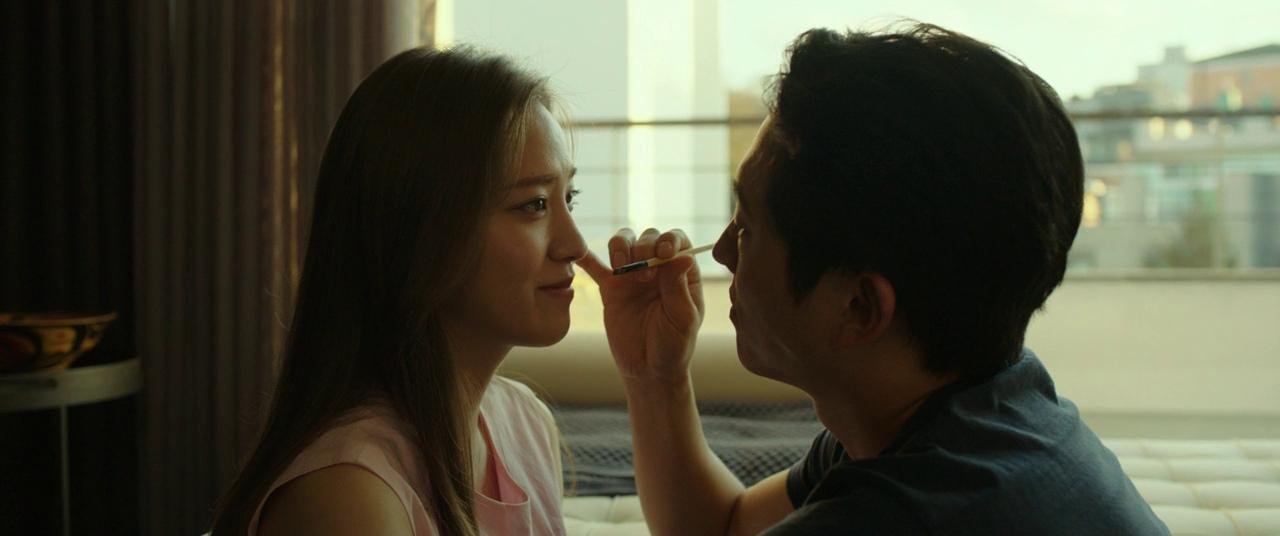
Ben preys on the Great Hunger of his victims. We see through Jong-Su’s eyes his other girlfriends, who like Hae-Mi are lonely people. Ben seems to offer a solution to their Great Hunger. He uses this to lure his victims in.
Presentness
I watched Perfect Days shortly after having watched Burning. This concept of Great Hunger was still on my mind. Watching the film in this mindset, it became apparent to me that Hirayama, much like Hae-Mi is a character who harbours Great Hunger.
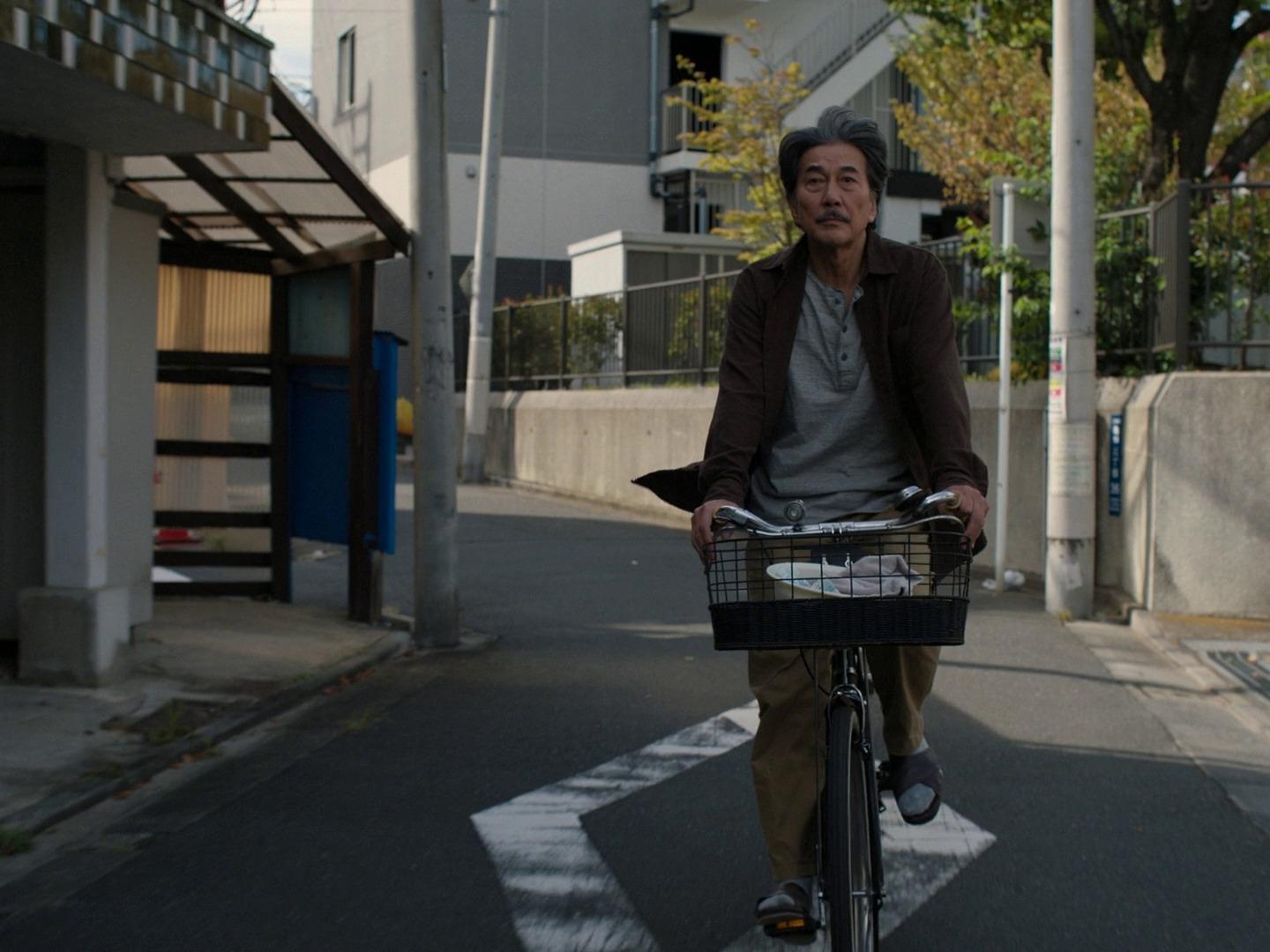
Unlike Burning, however, Perfect Days seeems to hint at a solution to Great Hunger. This beautifully quiet and understated film is a meditation on being present - simplicity in routine and embracing solitude. It teaches us to find beauty in the ordinary, much like Hirayama finds beauty in the leaves of the trees he photographs.
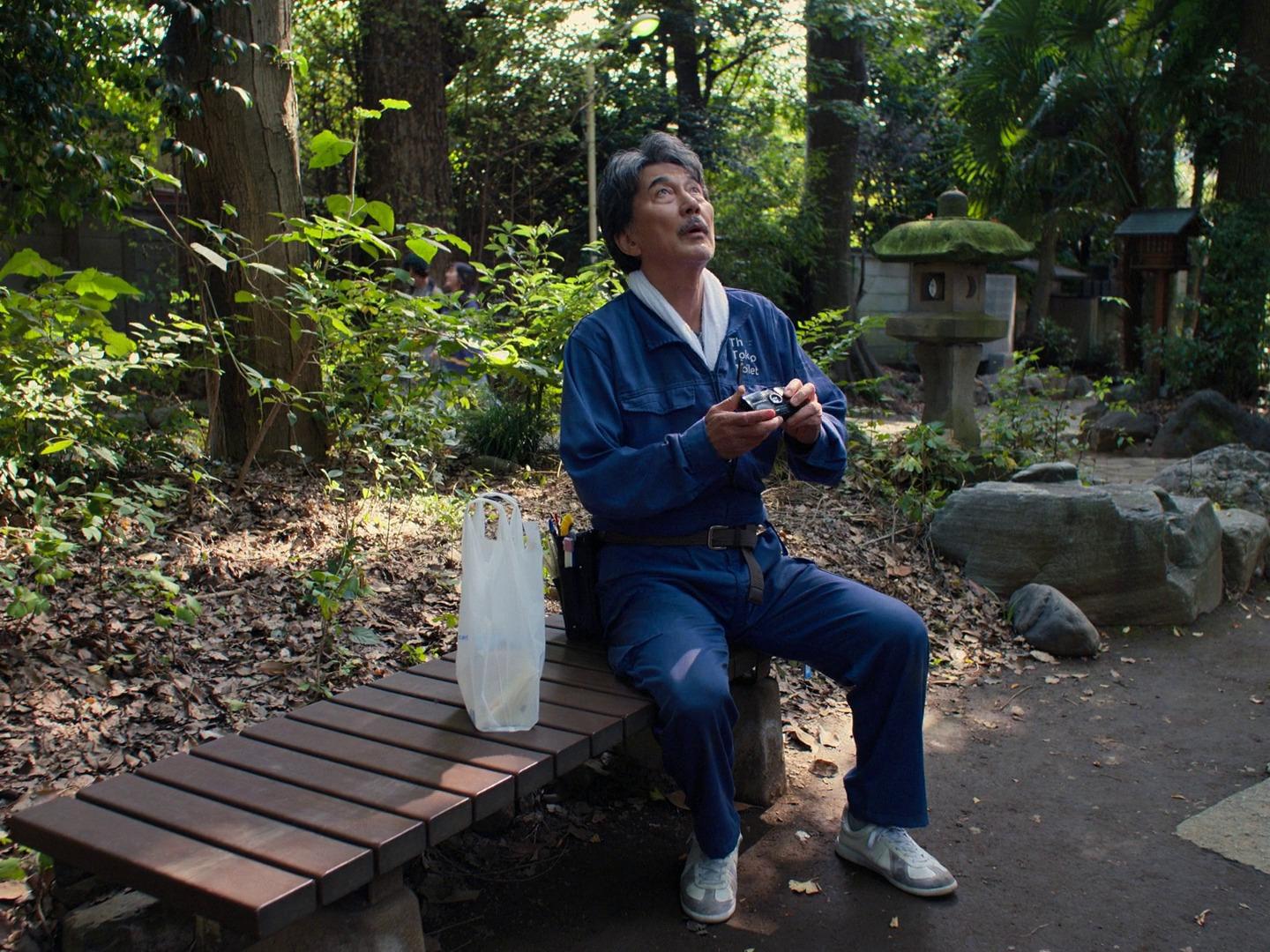
It seems to agree that finding anything to satiate Great Hunger is futile. It instead tells us to embrace the Great Hunger, and rather than looking for meaning in what lies beyond the ordinary, to instead search for it in the ordinary moments of every day.
“Now is now, next time is next time”
The film does not claim that this is an easy feat. To accept and live with Great Hunger. We see moments when Hirayama’s own Great Hunger explode into tears.
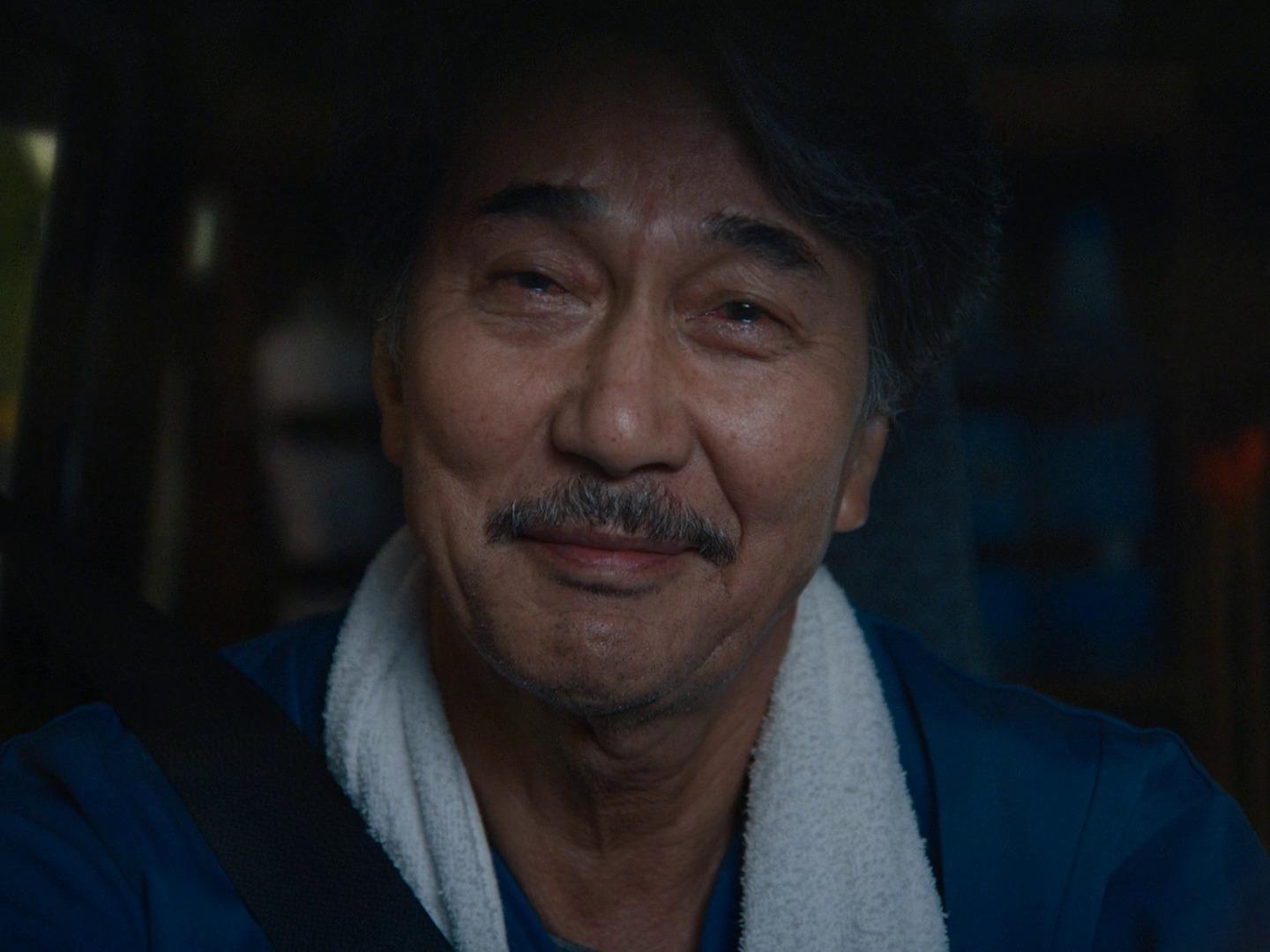
But Hirayama’s quiet resilience through it all is inspiring. This is such an important film to me, one which changed my outlook on life. I truly encourage anyone reading this to give it a watch. Not to mention how beautiful this film looks. Almost every frame is a piece of art.
